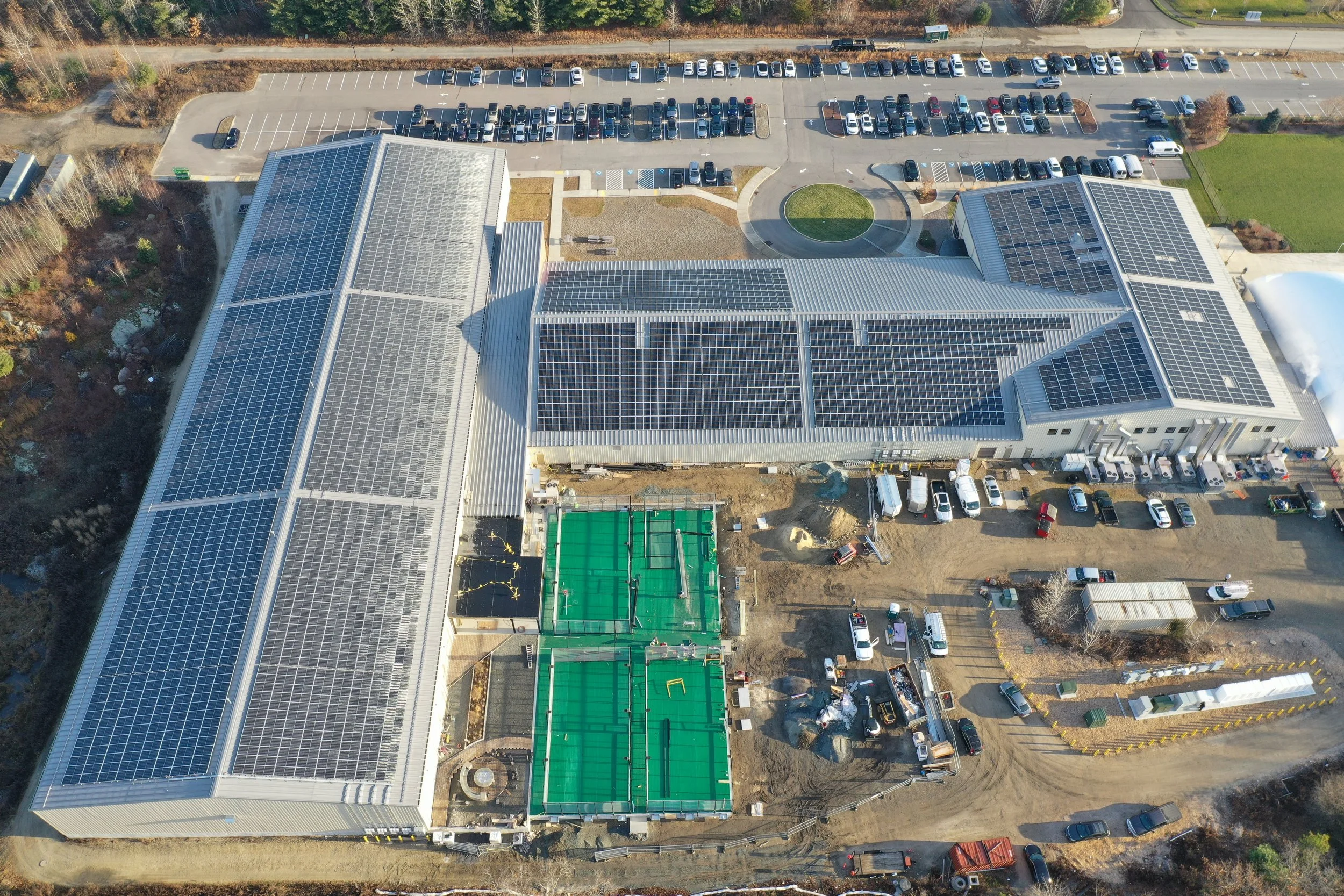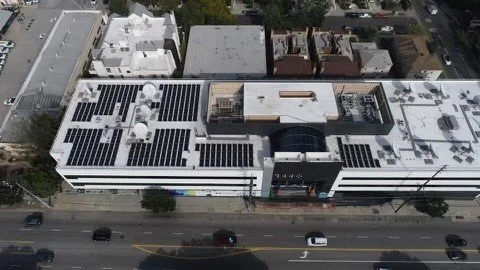52. Navigating the Final Climate Disclosure Rule
Our 1,188 kW plus 1,000 kWh battery energy storage project in Medfield, MA.
In a landmark move towards corporate transparency and accountability, the United States Securities and Exchange Commission (SEC) recently released a final climate disclosure rule, signaling a significant step in integrating climate-related risks into corporate reporting. Scheduled to take effect for large-accelerated filers by December 31, 2025, this rule promises to reshape how companies disclose their climate-related activities and risks.
Overview of the Final Rule
The final rule requires companies to incorporate climate-related disclosures in annual reports and registration statements. However, notable differences exist between the proposed and final rules, highlighting the evolving nature of climate disclosure regulations.
One significant deviation is the exclusion of Scope 3 greenhouse gas (GHG) emissions reporting from the final rule, a decision that stirred discussions among stakeholders. Additionally, there's a reduction in the extent of financial statement disclosure requirements, and the implementation timeframe has been extended, giving businesses more time to adapt to the new reporting standards.
Required Disclosures Outside of Financial Statements
Disclosing scope 1 and 2 GHG emissions, with gradually implemented assurance criteria for large-accelerated and accelerated filers.
Oversight and management of climate-related risks.
Detailing the impact of climate risks on company strategy, business models, and outlook.
Establishing procedures for handling climate-related risks.
Outlining climate objectives and goals.
Our 120 kW project at 1440 S. Sepulveda Boulevard in Los Angeles, CA.
The final Climate Disclosure Rule marks a significant milestone in enhancing transparency and accountability in corporate reporting, a move welcomed by sustainability advocacy organizations such as Ceres. "We congratulate the SEC on this important step forward to bring the U.S. closer in line with its global counterparts. Although this final rule does not go far enough compared to international standards and the SEC’s 2022 proposal, it will start to meet the demand for transparency that investors and companies have long sought,” said Ceres President and CEO Mindy Lubber.
By mandating companies to disclose climate-related information, the SEC aims to empower investors, stakeholders, and the public with critical insights into the climate risks and opportunities businesses face. As companies navigate these changes, embracing proactive measures to integrate climate considerations into their reporting frameworks will ensure compliance and drive long-term value creation in a rapidly changing world.
If your company seeks to diversify its investment portfolio by incorporating sustainable and green investments, Sunwealth is here to assist. We specialize in developing and financing community-based commercial solar projects, collaborating closely with local developers and installers to generate green jobs, energy savings for offtakers, and meaningful returns for investors. We stand ready to support financial institutions in capitalizing on commercial solar financing opportunities through solar tax equity and construction/permanent financing strategies. Together, let's pave the way towards a greener, more prosperous future for all.
For a comprehensive understanding of the implementation, timetable, and its implications on various company types, we suggest this report prepared by Deloitte.


